Dependent personality disorder (DPD) is an anxious personality disorder. When DPD strikes, sufferers often feel submissive, helpless or incapable of caring for themselves. Making simple decisions may be difficult for them. People with dependent personalities can develop self-confidence and self-reliance with the right help.
Even those who don’t have this condition may feel insecure at times. Those suffering from DPD need others’ reassurance in order to function. People with this condition normally start showing symptoms during their early to mid-adult years, according to the Cleveland Clinic.
Related: Anxious Attachment Style
What is dependent personality disorder (DPD)?
According to mental health experts, personality is related to how a person expresses thought, feelings and behavior. The way a person thinks and acts is affected by personality disorders, resulting in a change in their behavior.
There are 10 types of personality disorders, including dependent personality disorder (DPD). Some examples of these disorders are antisocial personality disorder, narcissistic personality disorder and paranoid personality disorder. Most people who suffer from dependent personality disorder start it in childhood or at a young age.
It is very important to DPD people that they are looked after by others. The needs of people close to a person with DPD are often met by them. Their clinginess and neediness may be described by others.
Many people with DPD feel that they are not capable of taking care of themselves. If their decisions are unreliable, they may have difficulty wearing everyday clothes.
The prevalence of personality disorders in adults is approximately 10%. Adults do not meet the criteria for DPD in more than 1% of cases. In general, women are more likely to have DPD than men.
Also, check: Signs of Self-Obsessed Person
What causes dependent personality disorder (DPD)?

There is no clear cause of DPD despite extensive research. Genetics, environment, and development are believed to be responsible for it. Researchers have found that DPD is more likely to occur in people who have:
- Abusive relationships: DPD is more likely to occur in people who have a history of abusive relationships.
- Childhood trauma: When children are abused (including verbal abuse) or neglected, they are at risk of developing DPD. A childhood ailment that caused death may also affect some people.
- Family history: Family members with DPD and other anxiety disorders are more likely to be diagnosed with DPD.
- Certain cultural and religious or family behaviors: Cultures or religions that emphasize obedience to authority may lead to DPD in some individuals. It is not enough to be passive or polite to indicate DPD.
Read: What is a Toxic Relationship
What are the symptoms of dependent personality disorder (DPD)?
There are several symptoms of dependent personality disorder, including:
- A refusal to take responsibility.
- Being alone is difficult.
- Feelings of helplessness and abandonment after ending a relationship.
- Criticism is taken too personally.
- Self-doubt and pessimism.
- Decisions are difficult in everyday life.
Check: Types of Overthinking
Is it possible to diagnose dependent personality disorder (DPD)?
Your healthcare provider performs a physical exam to determine if there is another condition causing your symptoms. Diagnoses of DPD are made by mental health professionals.
You will discuss your mental health history with a mental health provider. You may be asked how you feel, if you have any mental health concerns or if you use drugs.
As your answers are compared to factors listed in the Diagnostic and Statistical Manual of Mental Disorders (DSM-5), the provider determines how severe your disorder is.
A provider will consider five DSM-5 diagnostic criteria when making a diagnosis of DPD. The following factors contribute to this:
- Irrational fear that you will be abandoned.
- Feelings of anxiety or helplessness when alone.
- Life responsibilities cannot be handled without help from others.
- Fear of losing support or approval when expressing an opinion.
- Driven to receive support from others, even if it means doing unenjoyable things.
- Makes daily decisions at a difficult pace without the help or reassurance of others.
- Having difficulty taking initiative or making decisions because you lack self-confidence.
- When a close relationship ends, the need to find a new relationship to provide approval and support.
Recommended: How to help someone with Depression
Dependent personality disorder treatment
DPD is not treated for as long as other personality disorders are. The person may seek treatment when a symptom of the disorder becomes overwhelming and they are unable to cope with it. Depression and anxiety are common symptoms of DPD, which could cause individuals to seek help.
The most effective method of treating a dependent personality disorder is psychotherapy (a type of counseling). Psychotherapy aims to enhance the person’s ability to be more independent and active as well as foster healthy relationships.
When the goal is to manage behaviors that interfere with functioning, short-term therapy with specific goals is preferred. Together, the therapist and patient might find it helpful to pay more attention to the role of the therapist to recognize and address ways the patient can form the same kind of passive reliance in the treatment relationship as he or she does outside of it.
The particular strategies that can assist someone with DPD include assertiveness training and cognitive-behavioral therapy (CBT) to encourage them to develop new attitudes and perspectives towards themselves and other people.
It is usually through long-term psychodynamic or psychoanalytic psychotherapy that one can make more significant changes to the structure of their personality, as early experiences shape character traits such as defense mechanisms, coping skills, and patterns of attachment in close relationships.
The treatment of depression or anxiety in people with DPD might also involve medication. Although medications are effective in treating some symptoms of personality disorders, they rarely treat the core issues that cause them.
Additionally, people with DPD should be closely monitored when it comes to medications, since they may misuse or abuse prescribed medications.
Recommended: Multiple Strategies to Control Overthinking
Helping someone with DPD
An individual with DPD may feel overwhelmed by the disorder. Many people find it uncomfortable to seek treatment for their symptoms when they have personality disorders. Depression and anxiety can result from this condition, which can adversely affect the quality of life.
Encourage your loved ones to seek treatment if they suspect they may have DPD before their condition worsens. An individual with DPD may find this sensitive, especially since they are constantly seeking approval and do not want to disappoint those close to them. Ensure your loved one knows they aren’t being rejected by focusing on the positives.
Here are some things you can try on your own
You can manage dependent personality disorder on your own in addition to what your treatment plan involves therapeutically.
The following are some examples:
- Engaging in introspective activities such as meditation or journaling
- Support groups that understand your perspective
- Stepping each day in a healthy direction, bit by bit, while practicing autonomy
Practical strategies for building emotional intelligence and autonomy include sleeping on decisions after making them, so you can reconsider them the next day. You will no longer concern yourself with second-guessing yourself or being indecisive.
The following skills are cultivated by developmental psychologists to help students develop their autonomy:
- Acknowledging that what and how you think are under your control. Reflective self-awareness and healthy emotional expression are the foundations of personal agency
- Increasing your own sense of competence
Get your friends, family, and colleagues to hold you accountable for your own decisions and endeavors. Give them the right to warmly refocus your decision-making on you the next time you seek their guidance and reassurance.
Complications
Substance abuse and depression are among the risks for individuals with DPD. Moreover, they are at risk for abuse as they may be willing to do whatever it takes to maintain their relationship with an authority figure.
Is it possible to prevent dependent personality disorder (DPD)?
DPD may not be preventable. A treatment program can assist those at risk for developing schizophrenia in coping with difficult situations or avoiding them.
Research has shown that building positive relationships with friends and family in childhood may help the child avoid developing DPD later on. Having positive relationships with friends, parents, teachers, and coaches can help counter the damaging influences of others.
Does dependent personality disorder (DPD) have a good outlook?
If someone with DPD receives treatment from a mental health specialist, they can live an emotionally healthy life. By learning how to deal with difficult situations, one can improve their outlook.
Anxiety and depression can be caused by not getting treatment. Someone may misuse drugs or develop alcoholism or drug addiction without treatment. When people do not receive treatment, they are more likely to remain in abusive or unhealthy relationships.
Call the National Domestic Violence Hotline at 1.800.799.SAFE (7233) if you or someone you know is in a dangerous or abusive relationship. Free and confidential support is provided by this service. An advocate is available day and night, 365 days a year.
Seek help: Mental Help Resources
When to see a doctor
You can consult your healthcare provider to determine if you should see a mental health professional. You should discuss your mental health with your provider for the following reasons:
- Frequent feelings of anxiety
- Moodiness or irritability
- Changes in appetite
- Consistently feeling bad about yourself
- Concentration problems
Read: Immature Personality Disorder
Message from Depressionals
Untreated dependent personality disorder can lead to anxiety and depression. A mental health professional can assist you in discovering new coping mechanisms when faced with difficult circumstances.
It is possible to develop self-confidence and self-sufficiency as well. You might need time to recover, but you can get better with the help of a provider.
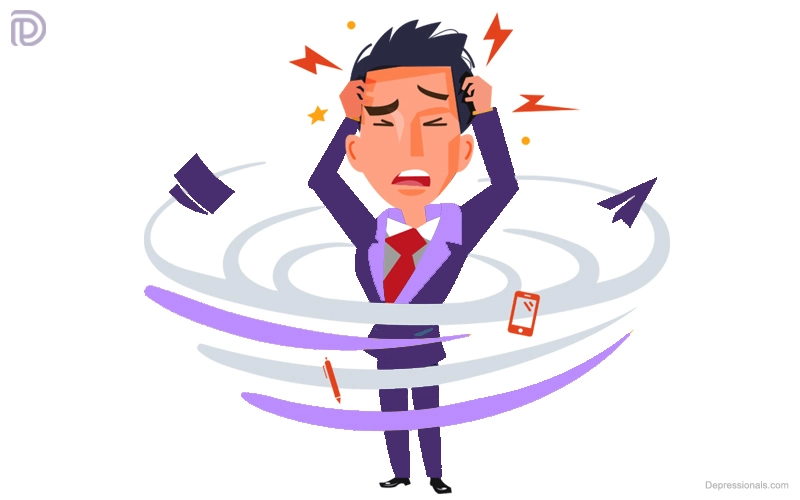
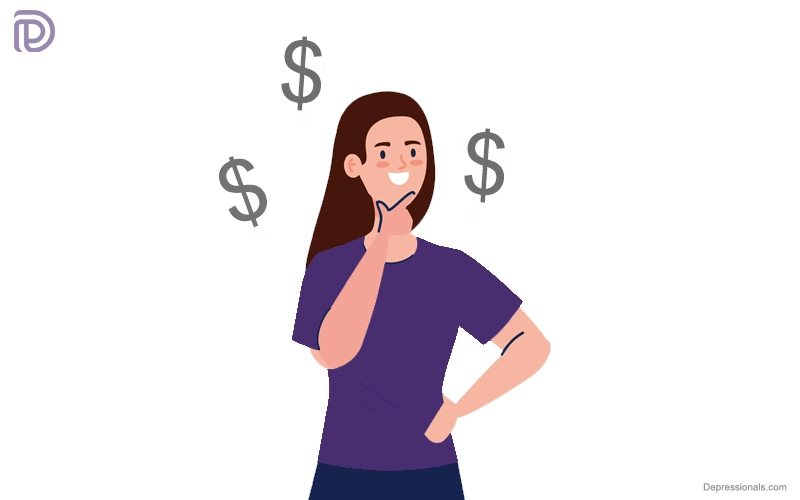
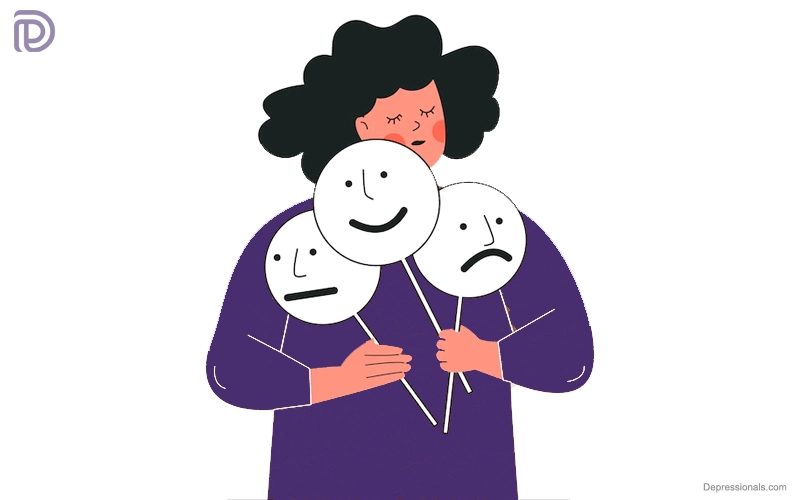
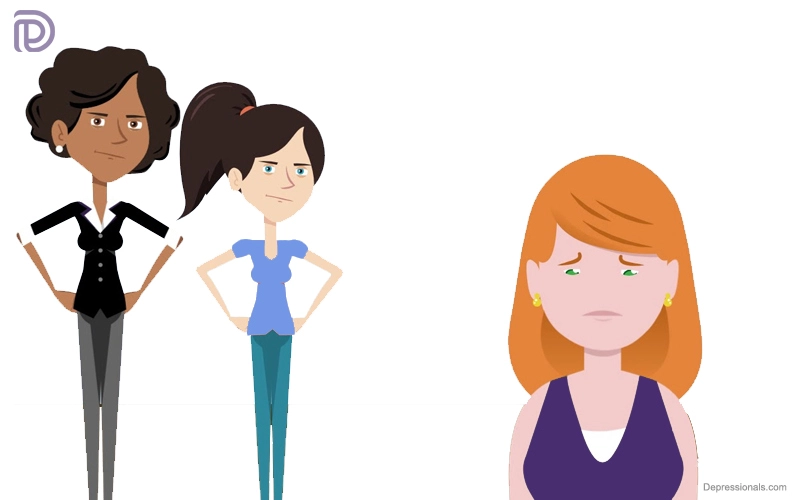
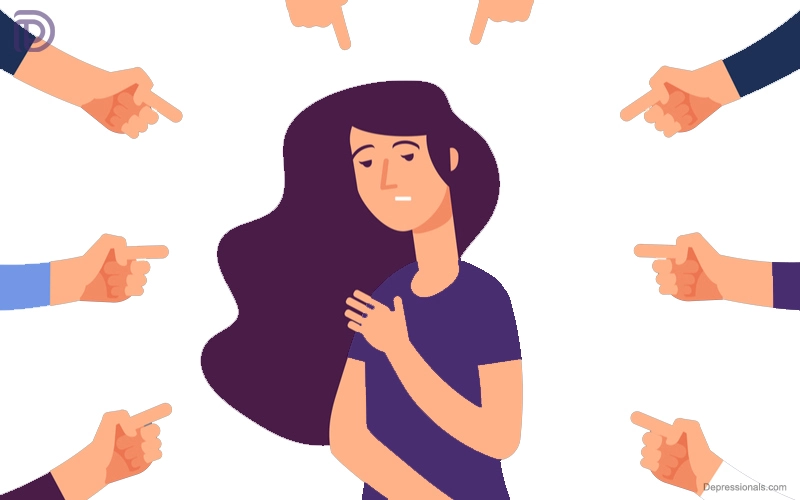

I’m very happy to read this. This is the kind of manual that needs to be given and not the random misinformation that is at the other blogs. Appreciate your sharing this greatest doc.